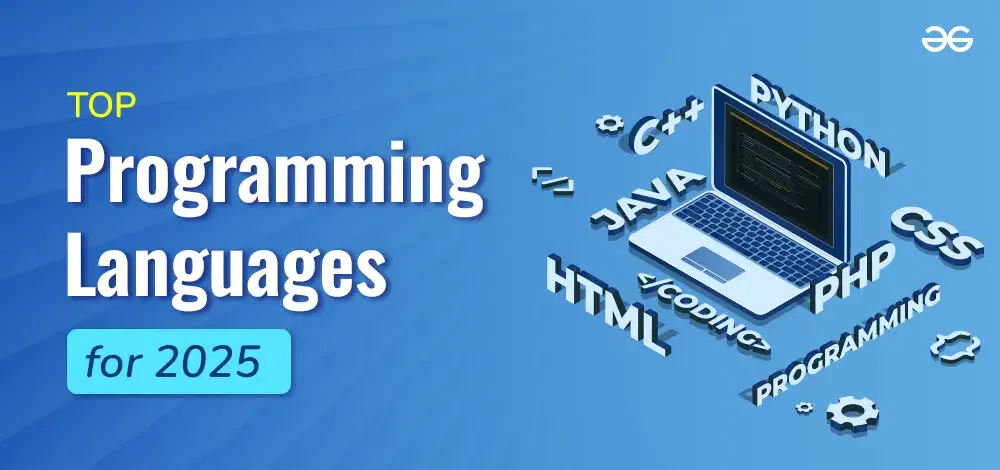Absolutely! Jumping into the world of financial blogging is awesome, and trust me, there's a goldmine of topics out there that are both informative and, dare I say, entertaining. Let's ditch the dry lectures and dive into some ideas that'll keep your readers engaged:Financial Struggles We Can All Relate To (Because Let's Be Honest...)
- "The Ramen Noodle Diet: A Beginner's Guide to Budgeting on a Shoestring." Let's face it, ramen noodles are a financial rite of passage. Embrace the struggle with a tongue-in-cheek guide to budgeting when you're practically living paycheck to paycheck. Offer tips on meal prepping, creative grocery shopping, and finding free entertainment (hello, library!).
- "Adulting 101: How to Not Cry When You See Your Bank Account After Paying Rent." We've all been there. Rent swallows your paycheck whole, and you're left wondering where the magic money tree went. Offer relatable humor and practical advice on negotiating rent, finding roommates (the good kind, not the ones who hoard dishes), and exploring alternative living situations.
- "The War on Subscriptions: Unsubscribing from the Drains on Your Wallet (Without Feeling FOMO)." Subscriptions are sneaky – they creep in and silently siphon off your hard-earned cash. Craft a battle plan for conquering subscription overload. Help readers identify unused services, brainstorm free alternatives, and develop strategies to resist the allure of "just one more" subscription.
- "From Latte Lunatic to Latte-Free Living: My Journey to Saving for That Dream Vacation." Who doesn't love a good latte? But those daily indulgences can add up. Share your personal story of how you ditched the fancy coffee habit and channeled that money towards a bigger goal, like a dream vacation or a down payment on a car.
- "Payday Party... But Make it Responsible: Fun Ways to Celebrate Without Blowing Your Budget." Getting that paycheck deposited is a reason to celebrate! But popping bottles might not be the most sustainable approach. Offer alternative, budget-friendly ways to celebrate – from themed potlucks with friends to exploring free local events.
- "Adulting Wins! Small Victories to Celebrate on Your Financial Journey." Sometimes, financial progress feels slow. Help readers recognize and celebrate small wins – that first emergency fund deposit, a debt payment milestone, or finally conquering a bad spending habit.
- "401(k) vs. Roth IRA: Decoding Retirement Accounts Without the Headache." Retirement plans can feel like alphabet soup – 401(k)s, IRAs, Roths... what's the difference? Break down these complex financial terms in a clear, humorous way. Use analogies, relatable examples, and maybe even a sprinkle of pop culture references to make it fun.
- "The Stock Market: Not Just a Fancy Casino (But Maybe a Little Bit)." The stock market can be intimidating. Offer a lighthearted yet informative guide that explains basic concepts like stocks, bonds, and diversification. Use relatable metaphors (like comparing a portfolio to a well-rounded pizza) and address common misconceptions to make investing seem less scary.
- "Credit Scores: Demystifying the 3-Digit Number That Haunts Your Dreams." Credit scores hold immense power in our financial lives. Explain what factors affect credit scores, how to build good credit, and the best ways to avoid credit traps (looking at you, payday loans!).
- "Netflix and Budget: Movie Hacks to Save Money While You Stream." We all love a good Netflix binge, but subscriptions can add up. Offer creative tips on how to save on entertainment – movie nights with friends (potluck style!), exploring free streaming services, or utilizing library resources for movies and documentaries.
- "Financial Fitness Challenge: Get Buff with Your Budget (Without Actually Working Out)." Gamify the financial journey! Design a fun challenge where readers can track their progress, set achievable goals, and reward themselves for reaching milestones.
- "Cooking on a Budget Battles: Celebrity Chef Showdowns with a Frugal Twist." Take inspiration from popular cooking shows and challenge yourself to recreate delicious meals on a budget. This injects a lighthearted element while offering practical tips on grocery shopping and meal planning.
- "The Great Debate: Renting vs. Buying a Home – Unveiling the Truth Behind the Brick Walls." This is a classic debate with no one-size-fits-all answer. Offer a balanced perspective, exploring the pros and cons of renting versus buying a home. Consider factors like location, financial situation, and life goals to help readers make informed decisions.
- "Student Loan Showdown: Strategies to Slay the Debt Dragon (and Maybe Even Get a Good Night's Sleep)." Student loans can feel like a never-ending burden. Craft a battle plan for tackling student debt. Discuss different repayment options, explore strategies for loan forgiveness, and offer tips for budgeting and managing debt effectively.
- "Investing for Millennials (and Anyone Else Who Feels Lost): Building Wealth Without Feeling Like a Wall Street Wolf." Investing can feel like an exclusive club with its own jargon and complex strategies. Demystify investing for younger generations and anyone feeling overwhelmed. Focus on beginner-friendly investment strategies, explore robo-advisors and low-cost index funds, and offer guidance on how to get started without feeling intimidated.
- "Couples & Cash: Budgeting for Two Without the Bickering." Finances can be a major source of conflict in relationships. Offer tips on open communication, creating a budget together, and finding common ground on financial goals.
- "Financial Planning for Parents: Raising Money-Savvy Kids Without Sacrificing Fun." Teaching kids about money is crucial. Provide guidance on age-appropriate ways to introduce financial concepts, discuss strategies for giving kids an allowance, and offer tips on raising financially responsible young adults.
- "Freelancing Finances: Feast or Famine? Conquering the Cash Flow Rollercoaster." The freelance life offers freedom, but it can also bring financial uncertainty. Offer tips on budgeting for irregular income, building an emergency fund, and finding ways to smooth out the cash flow fluctuations.




![Web Dev Full Stack Course: 10 Best Full Stack Developer Courses [2025]](/static/blogs/6e60d544bdc04c64bab4cad24fead782.jpg)



